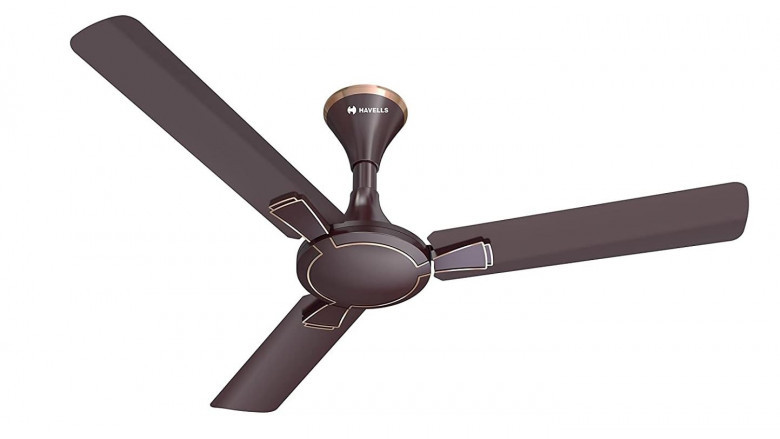views

Understanding Fans: The Unsung Heroes of Comfort and Cooling
When it comes to creating a comfortable indoor environment, one device that has stood the test of time is the fan. Whether it’s in homes, offices, or industrial spaces, fans play a vital role in circulating air, maintaining ventilation, and improving overall comfort. Despite the rise of advanced air conditioning systems, fans remain a cost-effective, energy-efficient, and eco-friendly solution for everyday cooling needs.
🌀 What Is a Fan?
A fan is an electrical device that uses rotating blades to create airflow. It does not cool the air like an air conditioner but moves the air around a space to create a wind-chill effect, which makes people feel cooler. There are many types of fans—ceiling fans, pedestal fans, table fans, exhaust fans, and industrial blowers—each designed for specific purposes and environments.
🛠️ How Does a Fan Work?
The working principle of a fan is based on the conversion of electrical energy into mechanical energy. When switched on, the electric motor inside the fan causes the blades to rotate. This rotation forces air forward or backward depending on blade design and direction, creating a continuous flow of air. This airflow helps in:
-
Evaporating sweat from the skin (cooling effect)
-
Ventilating indoor spaces
-
Reducing humidity
-
Removing odors or fumes (especially exhaust fans)
🌬️ Types of Fans and Their Uses
-
Ceiling Fans – Ideal for homes and offices, they distribute air evenly across the room.
-
Table & Pedestal Fans – Portable and adjustable, suitable for personal use.
-
Exhaust Fans – Used in kitchens and bathrooms to expel hot air, smoke, or odors.
-
Tower Fans – Sleek and space-saving, often used in modern apartments.
-
Industrial Fans – Heavy-duty fans used in factories and warehouses to maintain airflow and reduce heat.
Each type of fan has its own use case, and selecting the right one depends on the size of the room, required airflow, and purpose.
⚙️ Why Fans Are Still Relevant
Despite modern cooling technologies, fans remain popular due to their simplicity and benefits:
-
Energy Efficiency: Fans consume significantly less power than air conditioners.
-
Cost-Effectiveness: They are affordable and require minimal maintenance.
-
Eco-Friendly: Using fans reduces reliance on refrigerants and high-energy systems.
-
Compatibility: Fans can be used alongside ACs to circulate cool air more effectively.
In environments where maintaining ideal temperatures is critical—like server rooms, production units, or office spaces—fans also play an essential role in temperature management and equipment safety.
🧠 Conclusion
Fans may seem simple, but their impact on daily comfort and environmental control is profound. They continue to be a vital component in both residential and commercial settings due to their efficiency, affordability, and versatility. As highlighted by Hexadecimal Software, choosing the right hardware or device is critical for optimal performance, and fans are no exception. Understanding their function and applications helps in making better decisions for personal or professional spaces.
Written by :- Hexadecimal Software



Comments
0 comment